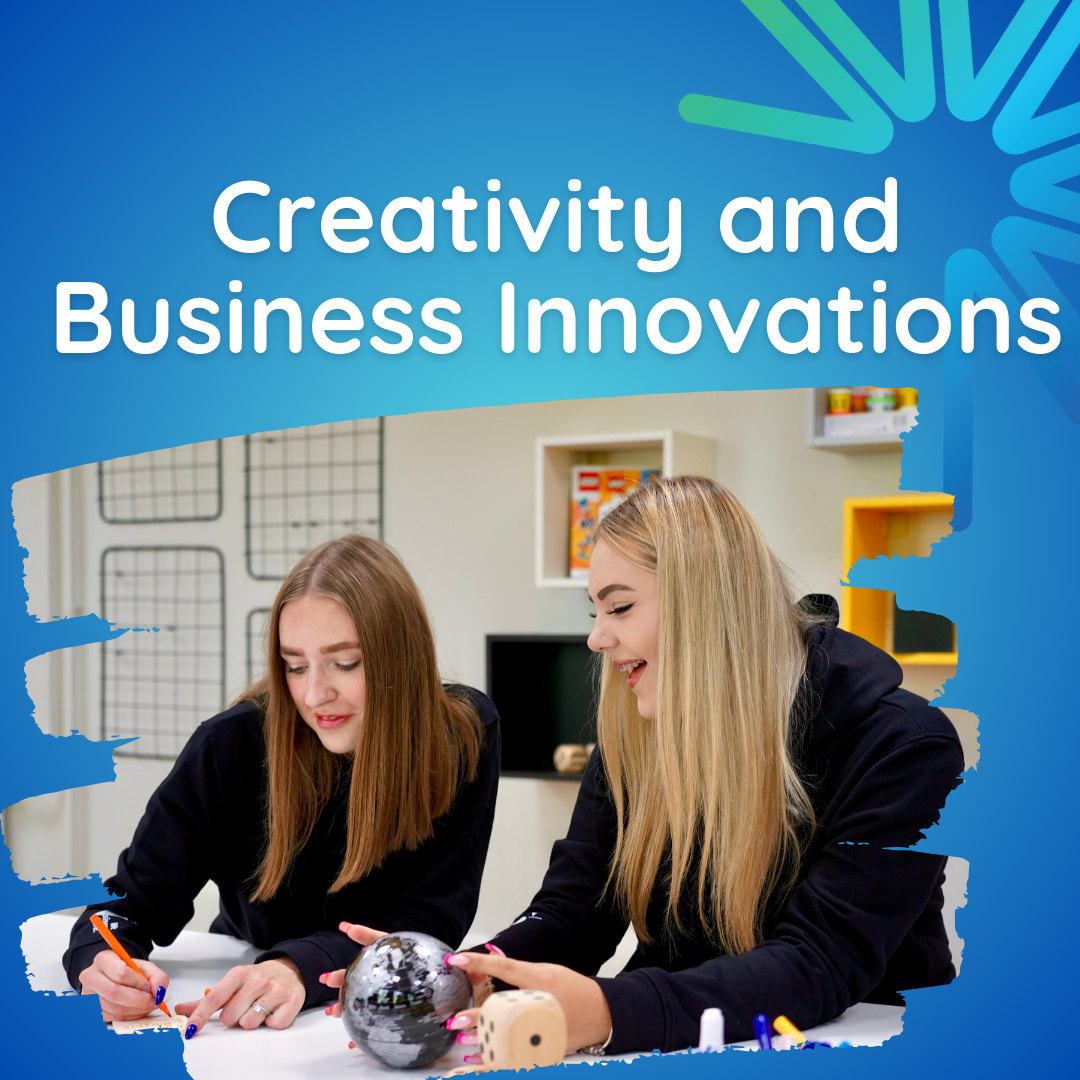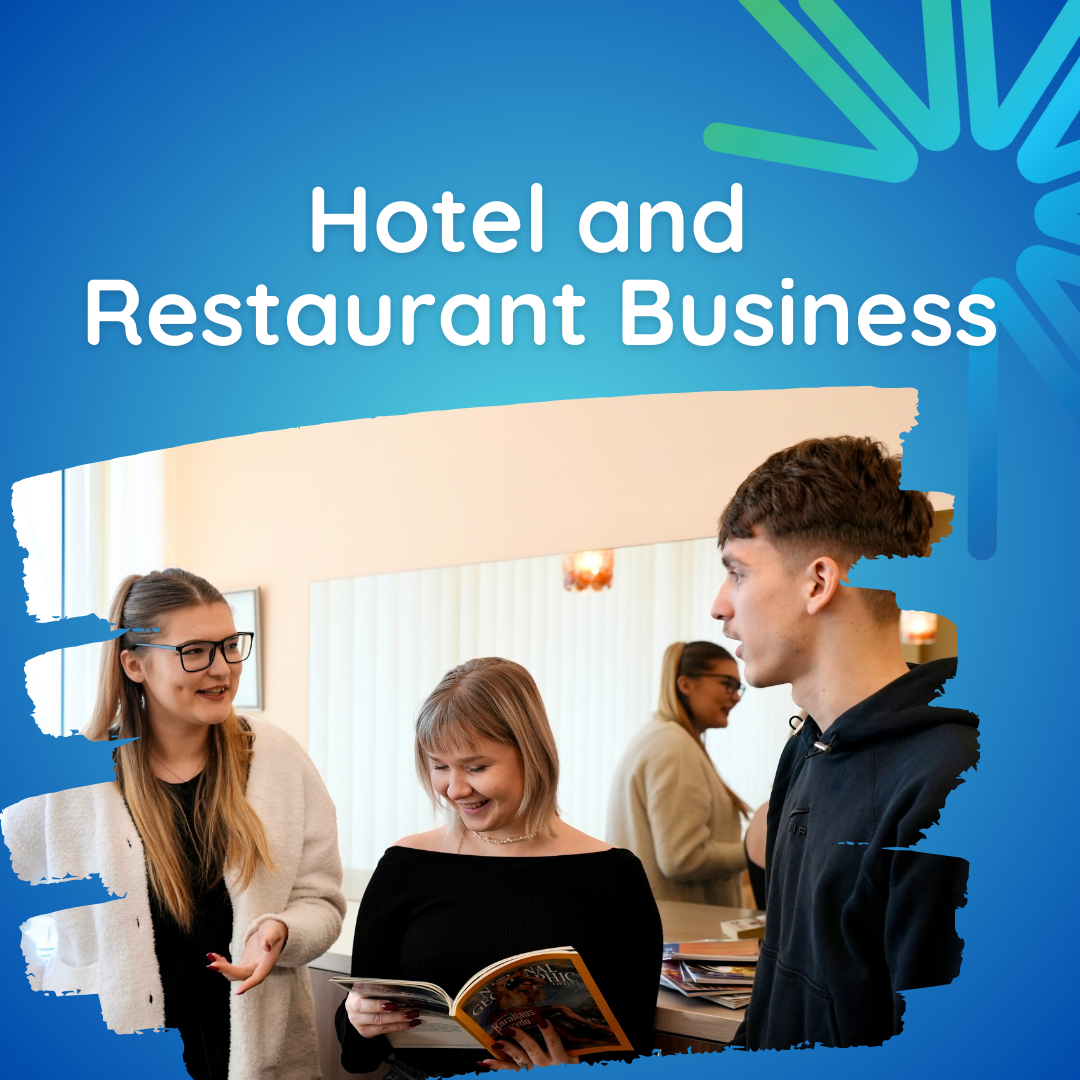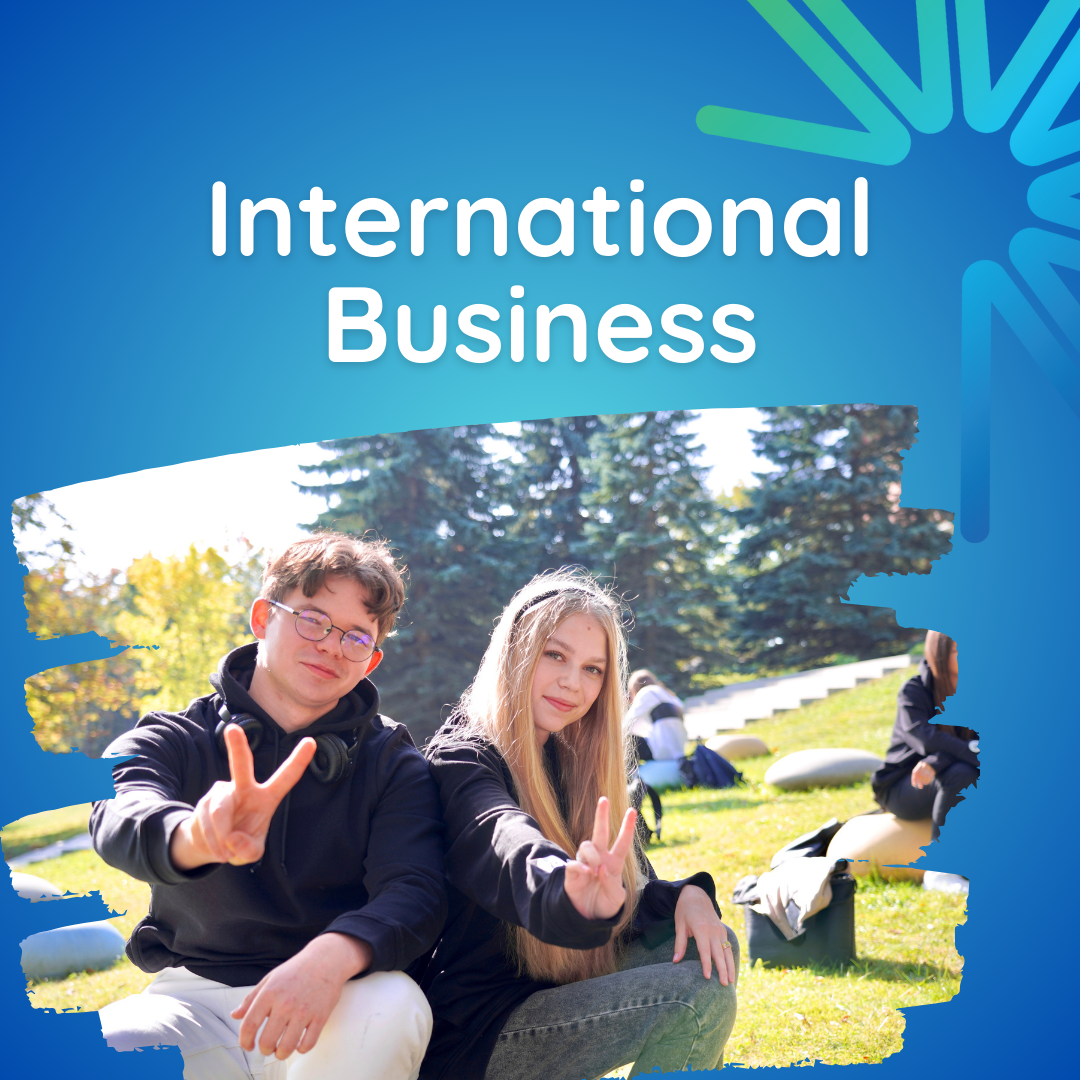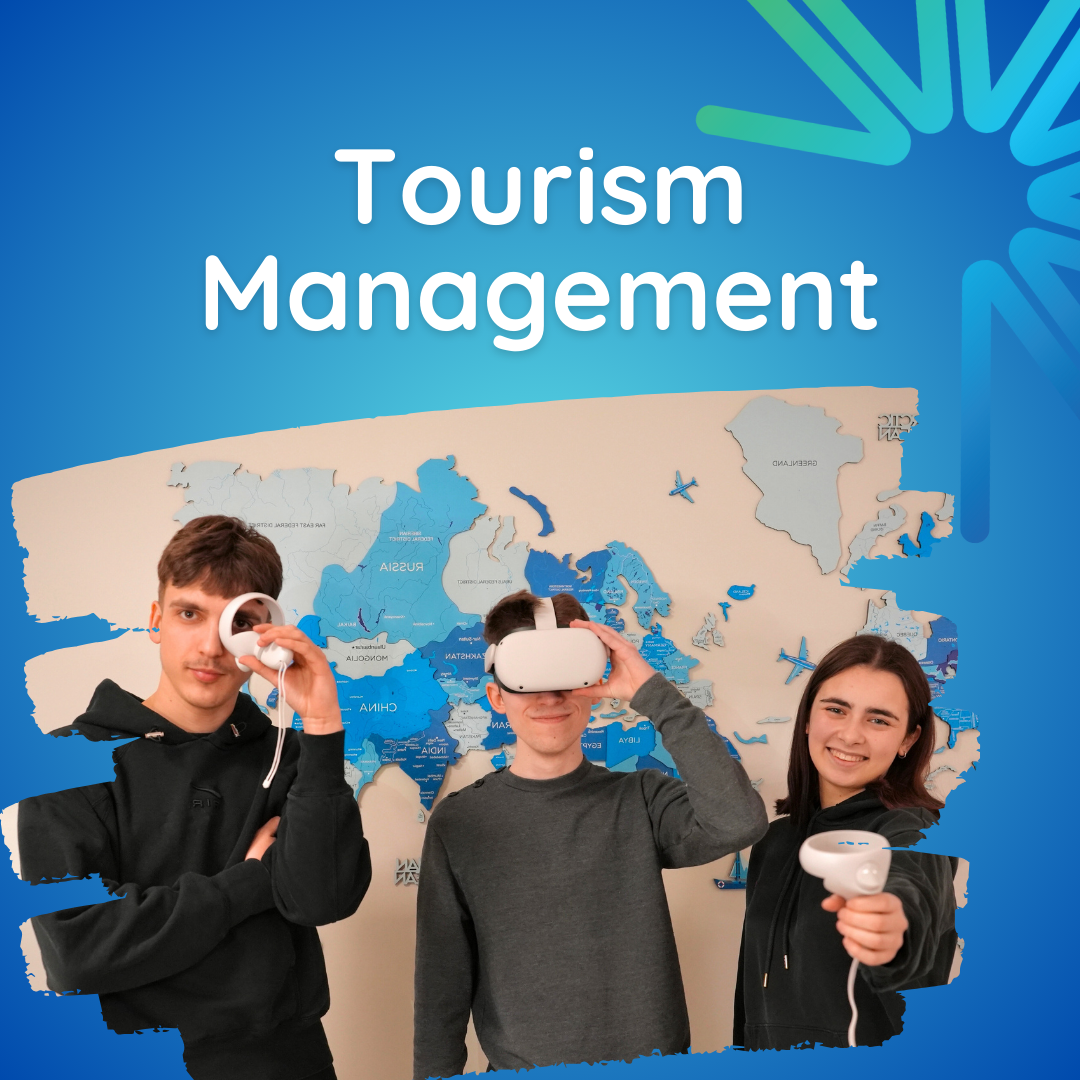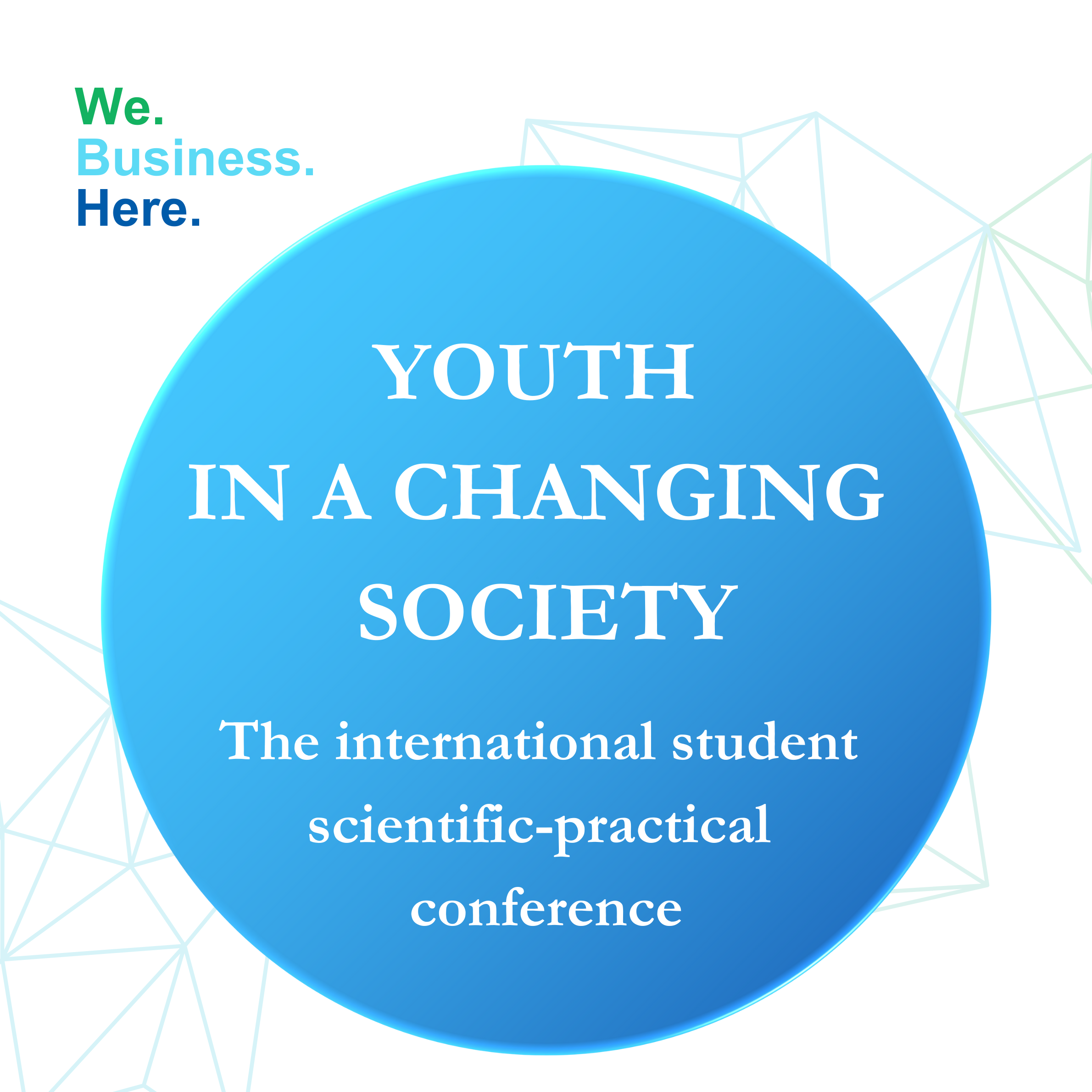On April 2–3, 2025, the second transnational partner meeting of the Erasmus+ project “INTELLIGENT: Innovative Teaching and Learning of Generations Z and Alpha in Higher Education” (Project No. 2024-1-LT01-KA220-HED-000256404) took place at Avans University of Applied Sciences in the Netherlands.
Project partners from Lithuania, Latvia, Estonia, the Netherlands, Portugal and Italy gathered in Den Bosch city to review the preliminary findings from the qualitative and quantitative research on entrepreneurial learning among Generations Z and Alpha across the partner countries and Europe. The discussions focused on strategies to further engage the target respondents, analyse the results from focus groups and organize workshops in collaboration with business enterprises to identify challenges related to the knowledge and skills of Gen Z and Alpha that enterprises may face.
The partners explored both current and future entrepreneurial learning and teaching methodologies for Generations Z and Alpha. They actively participated in idea generation sessions and workshops led by the business students from Avans University of Applied Sciences, which helped shape concepts and integrate them into the structure of methodology. A key focus of the discussions was the development of students’ entrepreneurial mindset, alongside the creation of an entrepreneurship toolbox containing innovative methods and tools designed to support teachers and make entrepreneurial teaching and training more innovative.
Drawing on insights from the research and various educational practices, the partners developed initial ideas and concepts for a business simulation game. They also outlined the next steps for the project in 2025, including workshops with business representatives, “train-the-trainer” sessions across Lithuania, Latvia, Estonia, the Netherlands, Portugal, and Italy, as well as intensive student weeks scheduled for 2026.
Project partners: Vilniaus kolegija / Higher Education Institution (VIKO, Lithuania), Estonian Entrepreneurship University of Applied Sciences (EUAS, Estonia), RISEBA University of Applied Sciences (Latvia), Avans University of Applied Sciences (Netherlands), EDUGEP (Portugal) and IFOA (Italy).
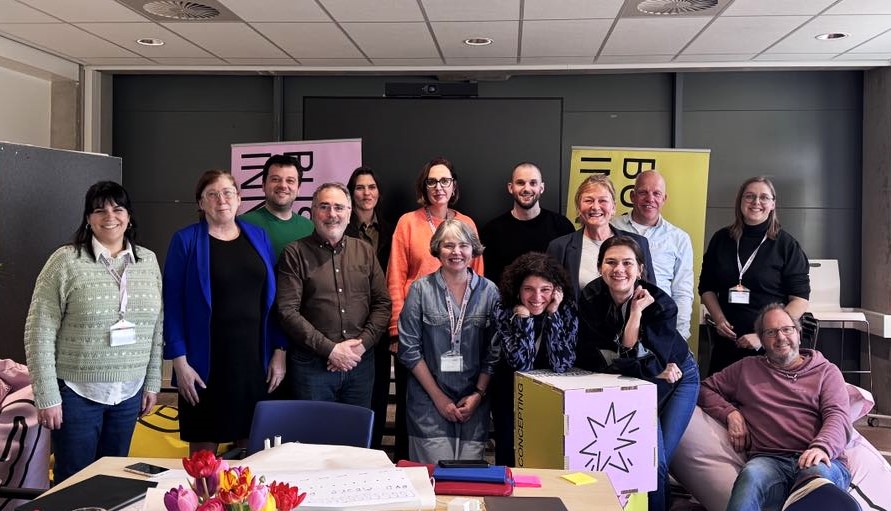
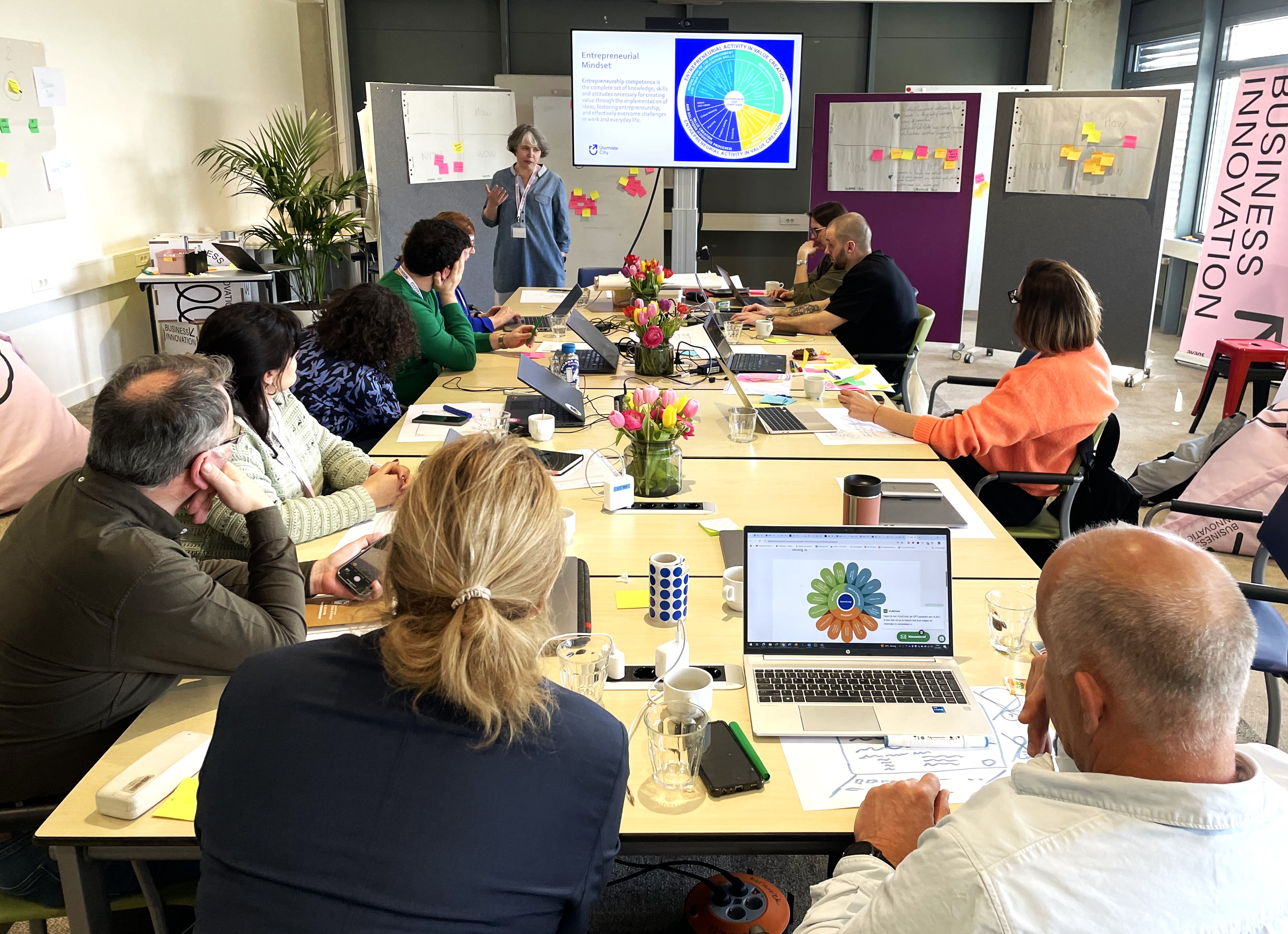

Funded by the European Union. Views and opinions expressed are however those of the author(s) only and do not necessarily reflect those of the European Union or the European Education and Culture Executive Agency (EACEA). Neither the European Union nor EACEA can be held responsible for them.







